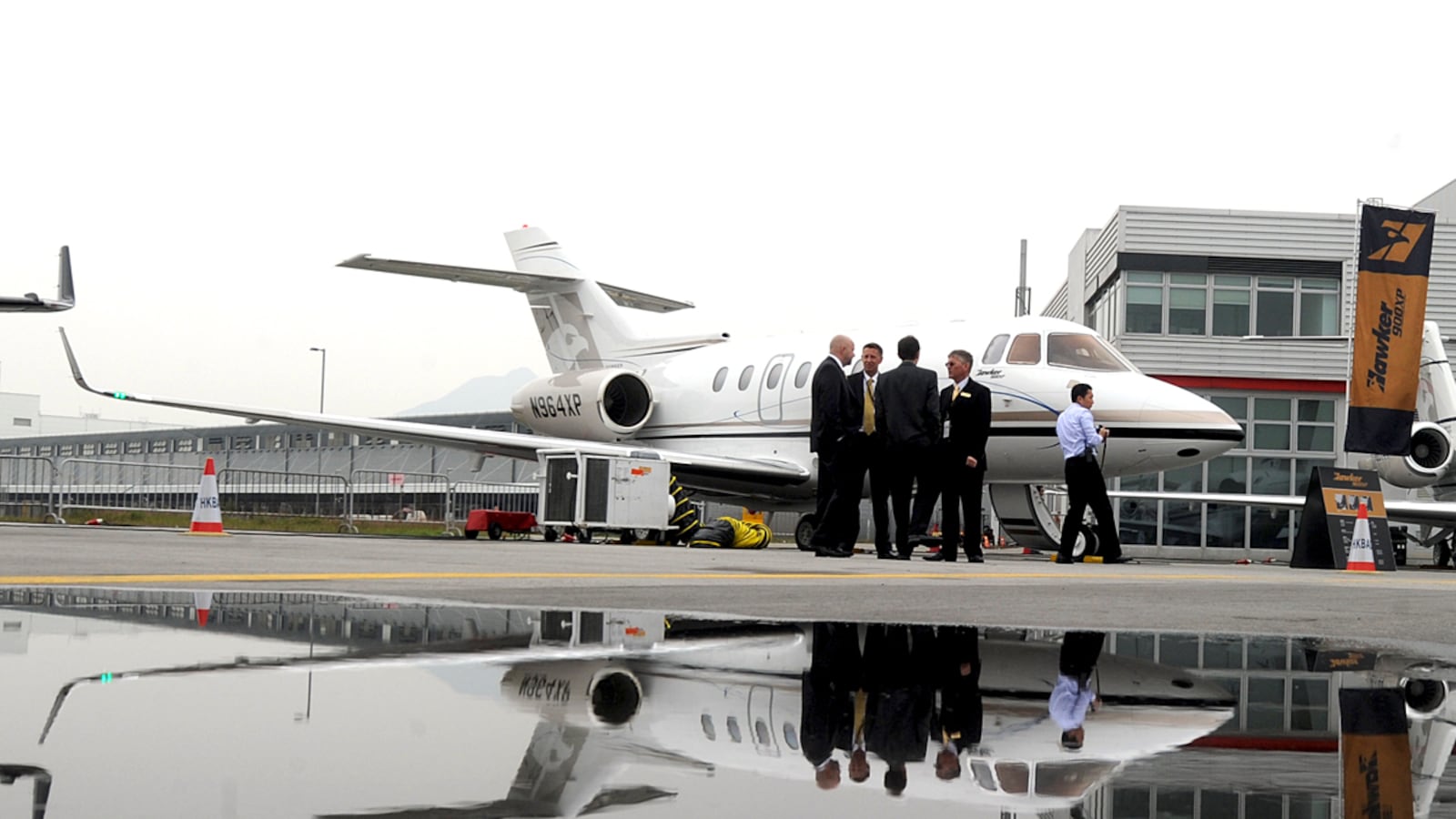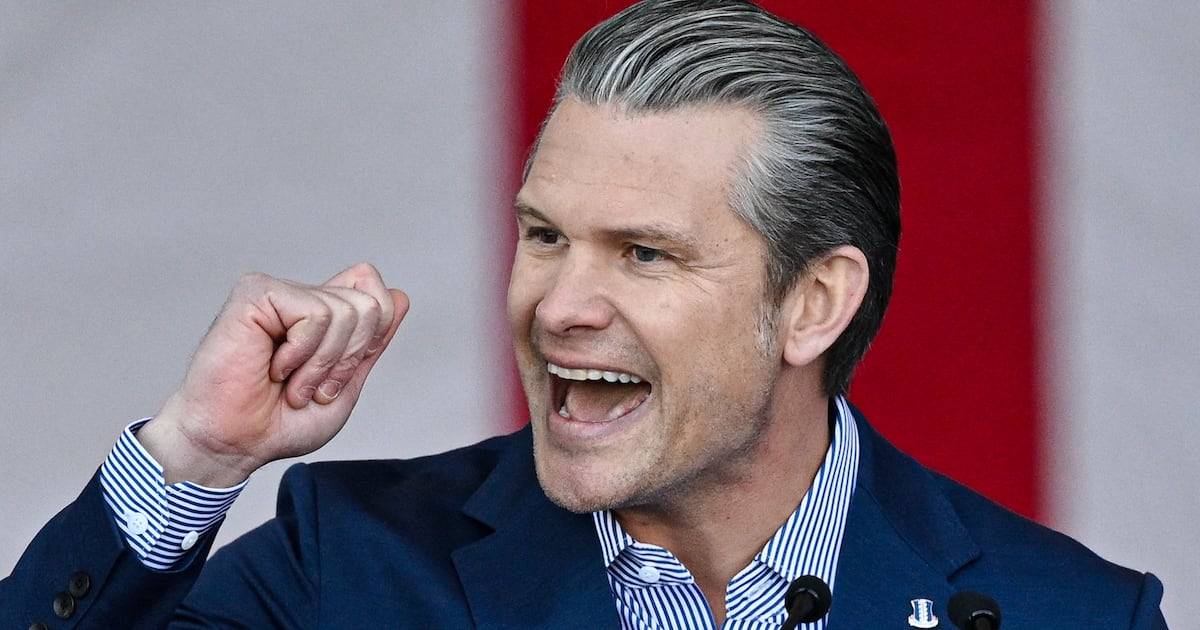President Barack Obama’s broadside against giving corporate jet owners a tax break scored him some populist points while potentially saving taxpayers $3 billion over the next decade. But it also put him between lawmakers and some corporate titans who have spent millions making friends on Capitol Hill specifically in order keep the tax break alive.
Hundreds of the nation’s biggest companies including eBay, Morgan Stanley, and General Electric fly their executives around in private jets and get the special government incentive, which was originally phased in after 9/11 to help aviation manufacturers recover from the economic impact. It was then renewed in Obama’s 2009 stimulus plan. But since the industry has rebounded, Democrats have argued the break should be ended in an impending deal on the deficit and debt limit.
“I think it would be hard for the Republicans to stand there and say that the tax break for corporate jets is sufficiently important that we’re not willing to come to the table and get a deal done,” Obama told reporters in the White House on Wednesday. He also criticized opposition from big business. “You’ll still be able to ride on your corporate jet; you’re just going to have to pay a little more.
MapLight.org, a non-partisan website that investigates links between money and politics, looked into how members of Congress benefit from the industry that produces, equips, and services private planes. The group found both parties receive campaign funding from private aviation interests, but over the past decade, Republicans have received considerably more ($4,026,512) than Democrats ($3,098,536).
But those numbers don’t entirely capture the political muscle of corporate travel advocates in Washington.
Since 2004, when private corporate jets began to become the norm for most major national and international companies, two main private aviation groups—The General Aviation Manufacturers Association and the National Business Aviation Association—have spent just over $22 million to lobby in Washington.
Those efforts have helped the industry keep a low profile and favorable policies in place. But when Sen. Chuck Schumer (D-NY) started the drumbeat this week against corporate jet flyers, they started to feel the pressure. Obama’s high profile presser only increased the heat.

In a statement, Marion Blakey, president of the Aerospace Industries Association lamented the White House offensive.
“We’re disturbed by President Obama’s remarks on business aviation,” Blakey said.
Ed Bolen, president of the NBAA, swiped back at Obama. "The president has inexplicably chosen to vilify and mischaracterize business aviation—an industry that is critical for citizens, companies and communities across the U.S., and one that can play a central role in the economic recovery he says he wants to promote."
Cutting the $3 billion tax break likely wouldn’t have a substantial impact on the industry. One analyst said that the change would mean that companies who buy jets would have to extend the depreciation of the asset, from five years to seven years—not a drastic change for companies that make billions in revenue and can spend $50 million on a single jet each year.
Yet despite industry complaints, Democrats say they won’t back down. When asked to handicap where the tense talks over federal cuts stood, one Democratic Hill staffer described gutting the tax incentives for jets and other profitable industries simply as “the lowest hanging fruit, pretty much non-negotiable.” The president’s party has also focused on raising other sources of government revenue, including eliminating tax incentives for oil companies and devising fees on other corporate actions.






